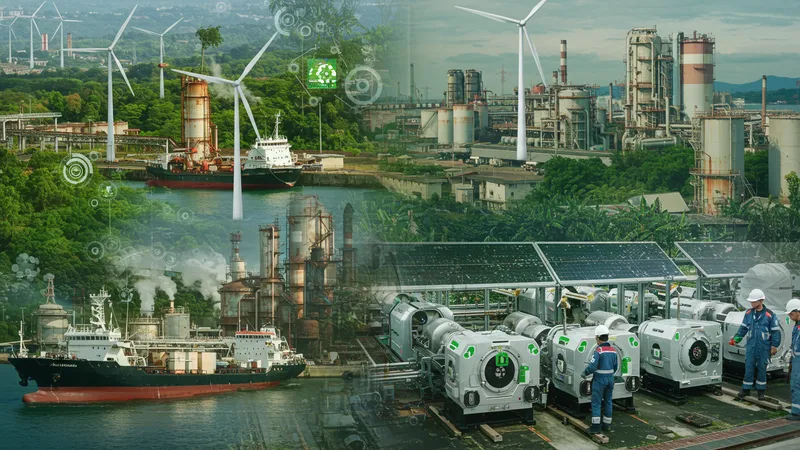
What’s Driving Indonesia’s Anti-Corrosion Market Boom In 2025
Environmental Impact and Sustainable Practices
In a groundbreaking shift, Indonesia is championing sustainable anti-corrosion practices. Regulations prioritize solutions that leverage environmentally friendly methods, pushing companies to innovate. This movement not only advances the local market but also aligns with global environmental priorities. Remarkably, this is reshaping perceptions towards Indonesia’s commitment to sustainable development. But the real impact of these efforts is just beginning to surface…

As companies adhere to eco-friendly practices, they simultaneously attract higher global investments. It’s more than just a compliance story; it’s a radical change that opens more doors globally. These sustainable practices also help them qualify for international certifications, granting access to new markets previously out of reach. Sustainability, in this context, is not just a trend; it’s strategically integral to economic and industrial growth. However, there’s more beneath the surface that’s even more thought-provoking…
The nation’s proactive stance towards environmental practices extends to education and workforce development. Training programs are developed to educate the current and future workforce, equipping them with the necessary skills to drive eco-friendly and innovative solutions. This is more than capacity building; it represents an evolution in how industries envision growth mapped against ecological health. But the implications of these groundbreaking educational strides are not fully recognized yet…
Despite these advancements, challenges remain. Not all companies have adapted, leading to a dichotomy within the market; some run on outdated practices while others surge ahead with ecologically advanced technology. This split has profound consequences for industry standards and competitiveness, creating an unforeseen division likely to reshape the industry’s landscape. As the script unfolds, expect surprises that overturn any preconceived notions of predictable market developments.